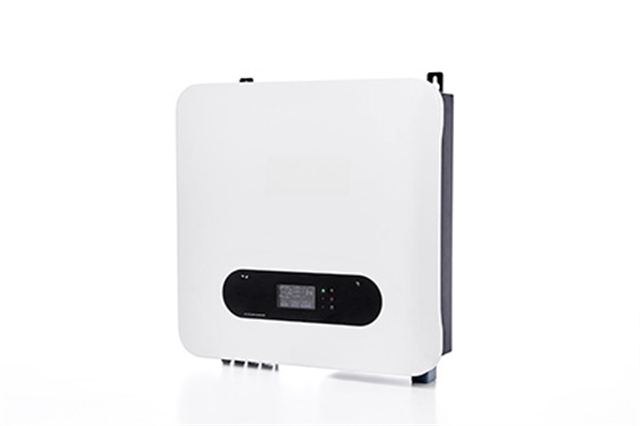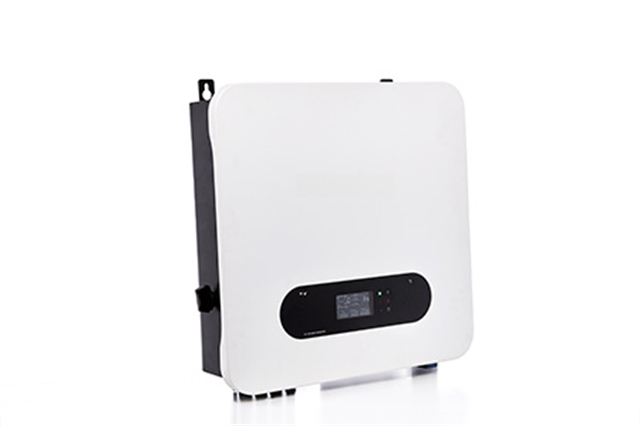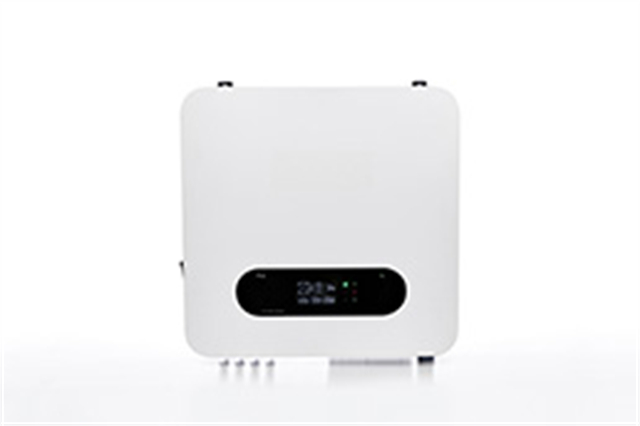Author:BLD Solar Energy SystemFROM:Solar System Converter Manufacturer TIME:2023-09-25
Choosing an On-Grid Hybrid Solar Inverter

As the demand for renewable energy solutions continues to grow, many homeowners and businesses are turning to solar power as a viable option. Solar panels generate clean and sustainable electricity from the sun's rays. However, to efficiently harness and utilize solar energy, an on-grid hybrid solar inverter is essential. This article will explore the importance of choosing the right on-grid hybrid solar inverter and highlight key considerations to ensure optimal performance and long-term cost savings.

An on-grid hybrid solar inverter serves as the heart of a solar power system. It converts the direct current (DC) produced by solar panels into alternating current (AC) suitable for powering electrical devices and for exporting excess electricity back to the grid. Furthermore, it can work in conjunction with the utility grid, acting as a backup power source during blackouts or periods of low solar generation. It offers the best of both worlds - the ability to use solar energy while still being connected to the grid.

When selecting an on-grid hybrid solar inverter, considering its power output and efficiency is crucial. The power output refers to the maximum capacity of the inverter to handle electricity flow. It should be compatible with the size of your solar panel system. Additionally, higher efficiency ensures that more of the generated electricity is effectively converted and utilized, resulting in greater overall energy savings and reduced dependency on the grid.
Incorporating a battery storage system with your on-grid hybrid solar inverter allows you to store excess solar energy for later use. The battery capacity should match your energy consumption needs during non-solar hours. It is advisable to consider a system with expandable storage capacity, allowing for future scalability if required. Additionally, the type and quality of batteries used in the hybrid solar inverter play a significant role in long-term performance and efficiency.
A comprehensive monitoring and control system is essential to track the performance and efficiency of your solar power system. Look for an on-grid hybrid solar inverter that offers real-time monitoring of energy production, consumption, battery charge status, and grid interaction. Advanced features such as remote access through mobile apps or web portals allow you to manage and optimize your system's performance conveniently.
An on-grid hybrid solar inverter should seamlessly interact with the utility grid to ensure smooth operation. It should comply with grid regulations and safety standards. Features like anti-islanding protection, which disconnects the solar system from the grid during power outages, protect utility workers from electric shock and prevent back-feeding electricity to the grid. These safety features are crucial and should not be overlooked when choosing an on-grid hybrid solar inverter.
Investing in a reliable and durable on-grid hybrid solar inverter is essential for long-term performance and savings. Ensure that the manufacturer provides a substantial warranty period to protect your investment. Look for inverters made of high-quality materials and designed to withstand harsh weather conditions, including temperature fluctuations and humidity. A durable inverter will require minimal maintenance and provide peace of mind for years to come.
As technology advances, integrating your solar power system with smart home automation has become increasingly popular. Consider choosing an on-grid hybrid solar inverter that is compatible with smart home systems, enabling you to monitor and control energy usage through voice commands or smartphone apps. This integration enhances the efficiency and convenience of managing your solar power generation and consumption.
While the initial cost of an on-grid hybrid solar inverter is important, it should not be the sole factor in decision-making. Consider the long-term return on investment (ROI), including potential savings on electricity bills and any available government incentives or rebates. Evaluate the performance, efficiency, and warranty of the inverter alongside its price to make an informed decision that balances upfront costs with long-term benefits.
Choosing the right on-grid hybrid solar inverter is crucial for maximizing the benefits of your solar power system. Consider factors such as power output, efficiency, battery capacity, monitoring features, grid interaction, durability, compatibility with smart home systems, and cost considerations. By selecting a reliable and high-quality inverter, you can enjoy sustainable and cost-effective solar energy for years to come while reducing your carbon footprint and contributing to a greener future.
